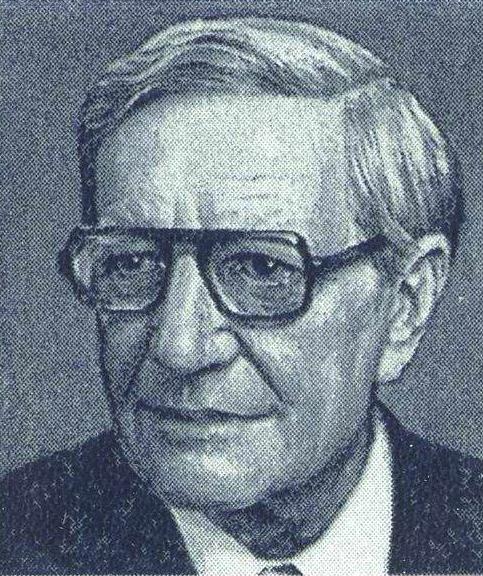Spies of the Cold War Era
The spies of the Cold War Era and now synonymous with James Bond films and spy novels However, the reality of Cold War espionage was often far less glamorous than movies and books have us believe. Spies played an important role in the Cold War on each side of the war in gathering confidential information about the opponent’s military and technical capabilities, as well as their intentions.
Far from the glamorous job we often imagine, espionage was incredibly dangerous. If a nation discovered that a spy had infiltrated their ranks, they could impose incredibly harsh punishments on the infiltrator. In particular, those accused of being communist spies in the USA during the 1950s faced execution. The most well-publicised example was that of Julius Rosenberg and his wife Ethel Rosenberg, both of which were found guilty of espionage and executed in 1953.
In Britain, the ‘Cambridge Five’ were the most well-known spies. The spy ring consisted of Donald Maclean, Guy Burgess, Harold ‘Kim’ Philby and Anthony Blunt. A member of the KGB, Arnold Deutsch, recruited the group while they were studying at Cambridge University in the 1930s, and for years the men passed on confidential information to the Soviet Union.

The men were able to gain senior positions within the British government, which gave them even greater access to sensitive information. Kim Philby worked for MI6 and had assignments in Albania and Instanbul. He was later assigned to the British Embassy in Washington, D.C. as the First Secretary.
Burgess served as secretary to the British Foreign Minister of State and was later assigned to the British embassy. Don MacLean, meanwhile, had been the First Secretary at the British embassy in Washington, D.C. and later served as Secretary of the Combined Policy Committee on Atomic Development.
None of the men were prosecuted for espionage, but they caused significant damageto both Britain and the United States
In 1962, the British government jailed another spy. John Vassal worked for the naval attache at the British Embassy in Moscow, but he was blackmailed into becoming a Soviet spy through the use of a ‘honeytrap’. Vassal was lured into attending a homosexual party, during which he was photographed with other men. As homosexuality was illegal in Britain during that time, Vassal felt he had no choice but to become a spy. When the British government discovered that Vassal had been operating as a spy at a junior level, they sentenced him for 18 years, of which he served 10.
Both sides relied on information about nuclear technology during the nuclear arms race. Sputnik’s launch on 4 October 1957 knocked American pride. Nuclear submarine technology also helped the development of submarine-launched nuclear missiles. Both sides wanted to gather information about submarine technology.
In 1961, three men and two women were jailed for plotting to hand information about Britain’s first nuclear submarine to the Soviets. These people were Peter Kroger, Gordon Lonsdale, Helen Kroger, Ethel Gee and Henry Houghton. In the same year, George Blake was sentenced to 42 years in prison. Blake had worked for British Intelligence but was a Soviet double agent. He escaped from prison in 1966.
In 1963, Kim Philby, the man who had publicly proclaimed his innocence on camera, fled to the Soviet Union. In late 1962 he had admitted that he was the ‘Third Man’. Also in 1963, Grenville Wynne was found guilty of spying for the West and imprisoned for eight years in a Soviet prison.
In 1964, Blunt admitted to British intelligence that he had been a member of the ‘Cambridge Five’. However, he was granted immunity from prosecution and his confession remained secret.
In 1971, British Intelligence discovered 120 Soviet intelligence officers who were supposedly operating in the country. The British government expelled 105 Soviet officials. Oleg Lyalin, a KGB officer, had defected to Britain and exposed the agents he knew of.
The end of the Cold War reduced, but did not end, espionage. In 1996, Russia deported nine British diplomats for being involved in a spy ring. In 1997, Richard Norwood, a former MI6 agent, was jailed for passing secrets over to Russia.
Notable Spies of the Cold War Era, with links to their specific pages:
MLA Citation/Reference
"Spies of the Cold War Era". HistoryLearning.com. 2026. Web.
